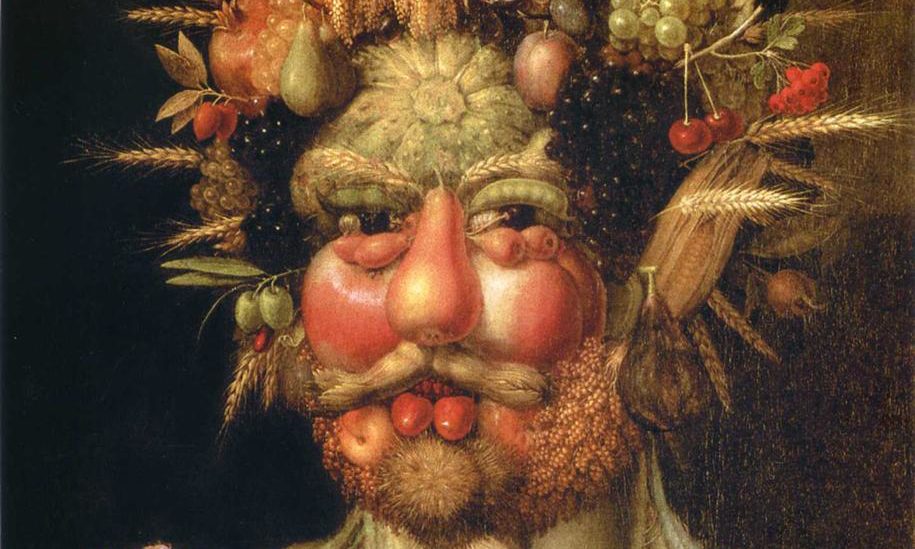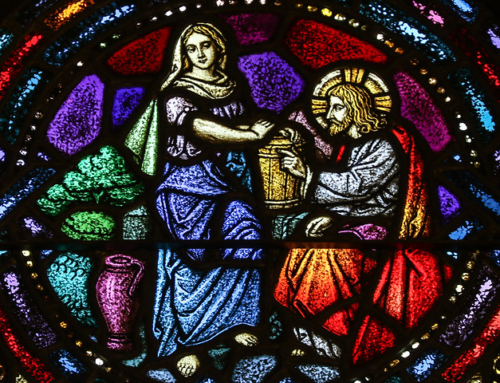In Ephesus, Paul encounters some disciples who “have never even heard that there is a Holy Spirit” (Acts 19:2). As Pentecost draws near, the Church gives us an opportunity to reflect on the gift of the Holy Spirit which Christ sent to the Apostles on that day and which all Christians receive in Baptism.
The Holy Spirit is surrounded with many mysteries, providing an abundance of material for contemplation. For a Catholic, the term mystery is not understood in the sense of a murder mystery, where there is a hidden solution that needs to be discovered. Rather, a mystery is a truth that can never be completely understood, because no matter how much you learn about a mystery there is still more that can be known.
One such set of mysteries are the fruits of the Holy Spirit found in Galatians: love, joy, peace, patience, kindness, generosity, faithfulness, gentleness, and self-control (Galatians 5:22-23). While love has pride of place, and rightly so, it is the most frequently considered of the fruits, so let us pass over it today and focus our attention on the mysterious fruit of joy.
According to St. Thomas, “the necessary result of the love of charity is joy: because every lover rejoices at being united to the beloved” (Summa theologiae, I-II, q. 70, a. 3). This fruit of the Spirit is rooted in our union with God. Unlike the fleeting pleasures we receive from food, drink, or sex, true joy flows from an unshakeable bond of friendship with God. The Apostle emphasizes the stability of this union: “Who will separate us from the love of Christ?” (Romans 8:35). If there is nothing that can separate the Christian from the love of God, then a Christian always has an occasion to be joyful. Although it may sound contradictory, joy can increase by loving in the midst of suffering, for such love unites us more closely to God, who, in lovingly becoming man, suffered greatly. Joy is found in abundance in the cross of Christ.
Christ teaches his disciples that you can know a tree by its fruits (Matthew 7:15-20). As we grow in our life of prayer nourished by the sacraments and as we are more deeply united to God, the fruits of the Holy Spirit grow and flourish in us. The saints frequently tell us that a way to know if we are advancing in holiness is by noticing whether the fruits of the Holy Spirit are more evident in us, for that means that we are doing the virtuous deeds that produce those fruits.
The fruits are divine signs and gifts as we allow the Holy Spirit to act more fully in us. They are the result of being with God, making us be like God as we know him in Jesus Christ, who has revealed the Father to us. When others see the fruits of the Holy Spirit, they are able to see God in us. As the Apostles says, “it is no longer I who live, but it is Christ who lives in me” (Galatians 2:20).
Come, Holy Spirit, fill the hearts of your faithful and kindle in them the fire of your love. Send forth your Spirit, and they shall be created. And You shall renew the face of the earth.
O, God, who by the light of the Holy Spirit, did instruct the hearts of the faithful, grant that by the same Holy Spirit we may be truly wise and ever enjoy His consolations, through Christ Our Lord. Amen.
✠
Image: Giuseppe Arcimboldo. Vertumnus (Emperor Rudolph II).







